Paul McCartney - Memory Almost Full (2008) Lossless
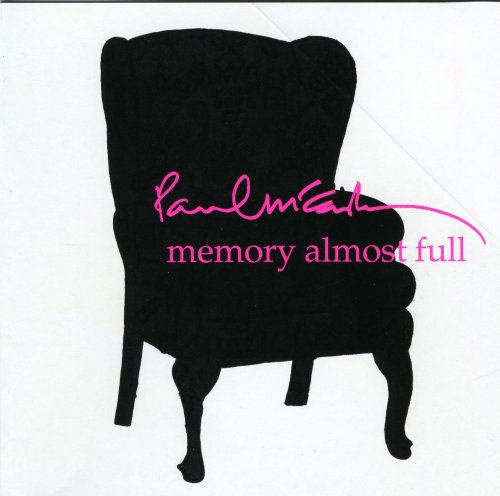
Artist: Paul McCartney
Title: Memory Almost Full
Year Of Release: 2008
Label: The Mail On Sunday
Genre: Rock, Classic Rock
Quality: FLAC (image+.cue,log,scans)
Total Time: 42:29
Total Size: 355 Mb
WebSite: Album Preview
Tracklist: Title: Memory Almost Full
Year Of Release: 2008
Label: The Mail On Sunday
Genre: Rock, Classic Rock
Quality: FLAC (image+.cue,log,scans)
Total Time: 42:29
Total Size: 355 Mb
WebSite: Album Preview
01. Dance Tonight - 2:57
02. Ever Present Past - 2:59
03. See Your Sunshine - 3:22
04. Only Mama Knows - 4:20
05. You Tell Me - 3:18
06. Mr. Bellamy - 3:41
07. Gratitude - 3:21
08. Vintage Clothes - 2:24
09. That Was Me - 2:41
10. Feet In The Clouds - 3:26
11. House Of Wax - 5:01
12. The End Of The End - 2:59
13. Nod Your Head - 1:59
Allusion to the digital world though it may be, there's a sweet, elegiac undercurrent to the title of Paul McCartney's Memory Almost Full, an acknowledgement that it was written and recorded when McCartney was 64, the age he mythologized on Sgt. Pepper's Lonely Hearts Club Band, released almost exactly 40 years before Memory. Certainly, McCartney has mortality on the mind, but this isn't an entirely unusual occurrence for him in this third act of his solo career. Ever since his wife Linda's death from cancer in 1998, he's been dancing around the subject, peppering Flaming Pie with longing looks back, grieving by throwing himself into the past on the covers album Run Devil Run, slowly coming to terms with his status as the old guard on the carefully ruminative Chaos and Creation in the Backyard. But if that previous record was precise, bearing all the hallmarks of meticulous producer Nigel Godrich, Memory Almost Full is startlingly bright and frequently lively, an album that embraces McCartney's unerring gift for melody. Yet for as pop as it is, this is not an album made with any illusion that Paul will soon have a succession of hit singles: it's an art-pop album, not unlike either of the McCartney albums. Sometimes this is reflected in the construction --- the quick succession of short songs at the end, uncannily (and quite deliberately) sounding like a suite -- sometimes in the lyrics, but the remarkable thing is that McCartney never sounds self-consciously pretentious here, as if he's striving to make a major statement. Rather, he's quietly taking stock of his life and loves, his work and achievements. Unlike latter-day efforts by Johnny Cash or the murky Daniel Lanois-produced albums by Bob Dylan, mortality haunts the album, but there's no fetishization of death. Instead, McCartney marvels at his life -- explicitly so in the disarmingly guileless "That Was Me," where he enthuses about his role in a stage play in grammar school with the same vigor as he boasts about playing the Cavern Club with the Beatles -- and realizes that when he reaches "The End of the End," he doesn't want anything more than the fond old stories of his life to be told.
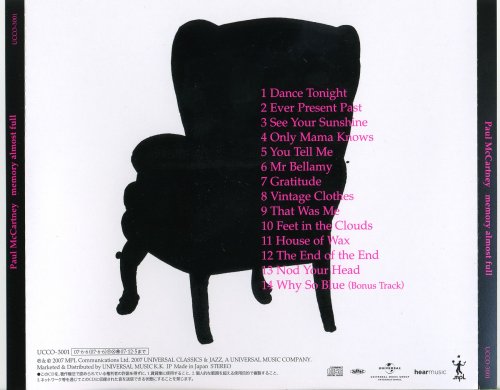
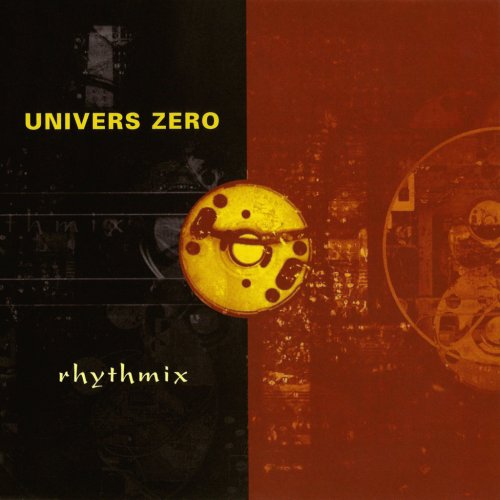
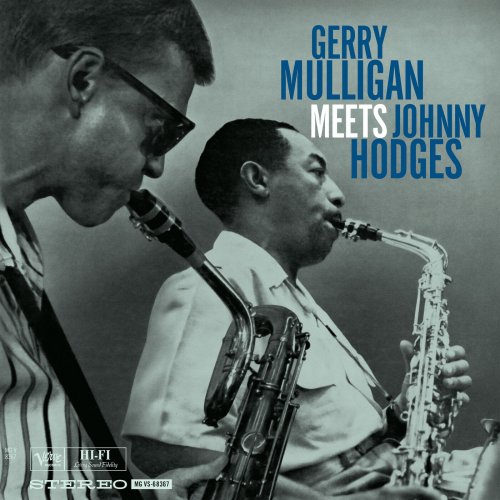
![VA - Don't Forget Your Guitar (2026) [Hi-Res] VA - Don't Forget Your Guitar (2026) [Hi-Res]](https://www.dibpic.com/uploads/posts/2026-02/1770953687_gt4nx4q6kuaac_600.jpg)
![Dobs Vye - Lounge Fever (2026) [Hi-Res] Dobs Vye - Lounge Fever (2026) [Hi-Res]](https://www.dibpic.com/uploads/posts/2026-02/1770796125_lg5fka4etpbeq_600.jpg)
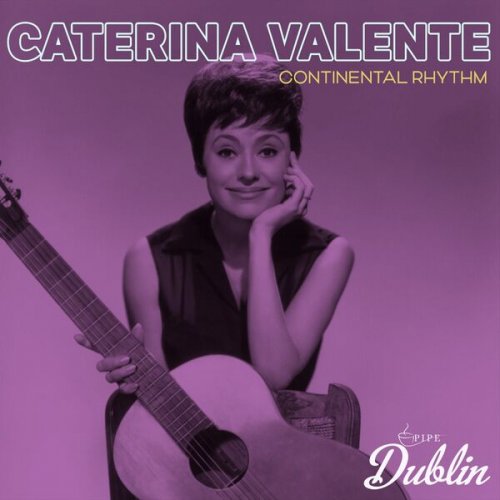
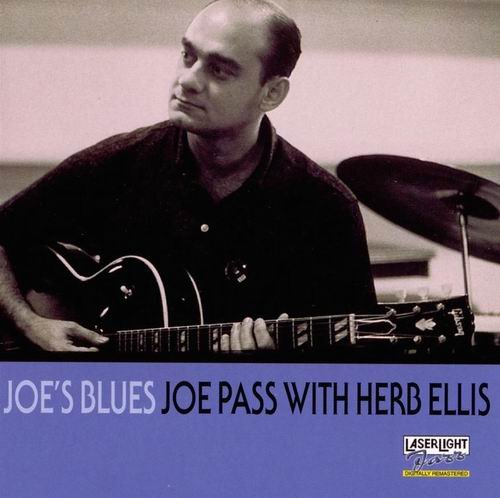
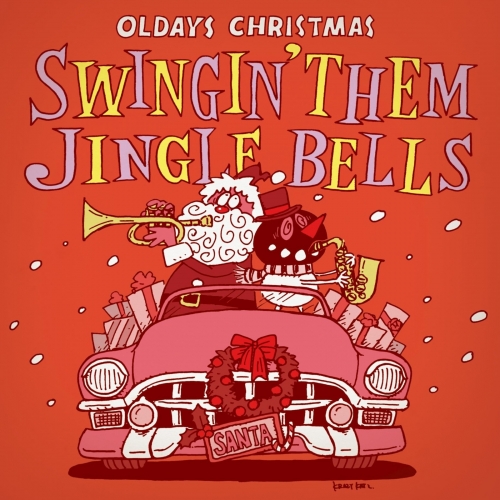

![Kurt Elling & WDR Big Band - In The Brass Palace (2026) [Hi-Res] Kurt Elling & WDR Big Band - In The Brass Palace (2026) [Hi-Res]](https://www.dibpic.com/uploads/posts/2026-02/1770798163_ap5aqf18jvswb_600.jpg)